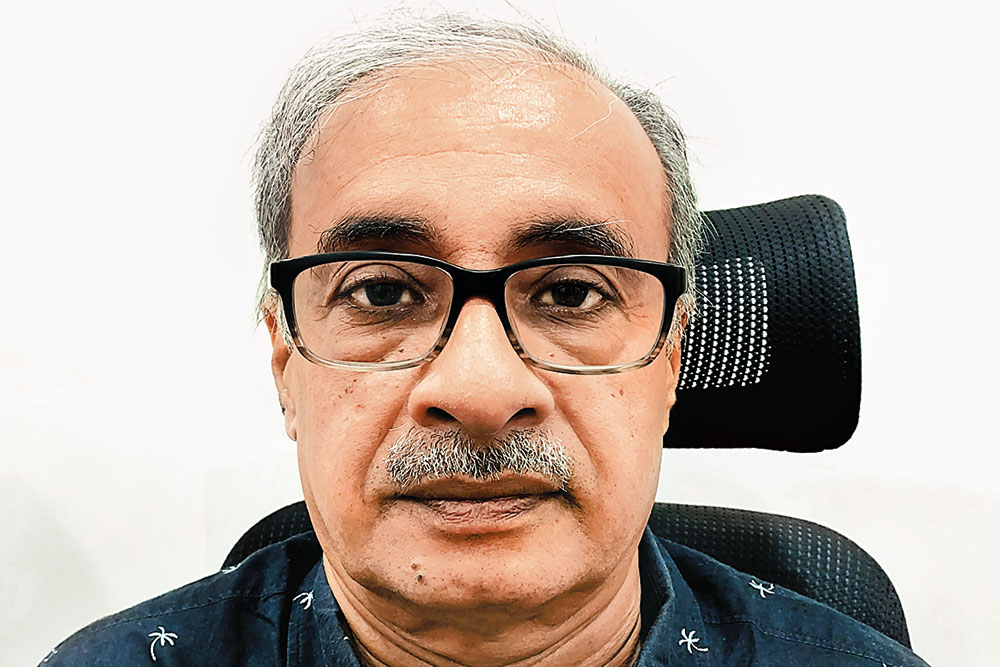IInvesting in mutual funds is one of the most successful and profitable ways to generate returns and build long-term corpus. As a beginner, knowing what is important while choosing funds can make your investment journey easier. Here are some of the things you should focus on and others you should avoid before investing in mutual funds.
Things To Focus On
Identifying Goals – Decide what you are saving for & divide your goals into short term and long term. Examples of short-term goals are buying a bike year down the road while long term goals are like retirement. Evaluate your comfort zone in taking on risk.
Asset Allocation: Asset allocation involves dividing your investments among different assets, such as stocks, bonds, and cash. The allocation that works best for you changes at different times in your life, depending on the goal for which you are investing, investment horizon & your risk appetite. With the right asset allocation, you can maximize your gains.
Product Selection: This comes next & involves identifying individual products within a certain asset class that will make your portfolio. For instance, for a beginner with a small portfolio or for a busy person; MF scheme which has automatic rebalancing feature like Balance Advantage Fund is great to start with. By picking the right products, you may be able to limit your losses and reduce the volatility without sacrificing too much potential gain. Be careful of the risk taken by the MF to generate returns.
Return Expectation: Investor’s return expectation is usually based on historical data, but this cannot be guaranteed. Returns in case of an asset class like equity is never going to be linear & uniform. Also, one or two-year under-performance does not mean that one has to dump the fund & find a new one. It is important to set the right return expectation on the basis of the type of product one has chosen.
Investment Style: The investment style of a MF is the method and philosophy followed by the fund manager. Examples are a growth fund or a value fund. The investment style of a fund should not change drastically from time to time. Performance consistency is more important than being top of the table all the time.
Things To Be Careful About
Expenses: While expenses charged to manage the fund are certainly an important criterion, it should not be the only factor which is considered. To save on expenses, many investors opt for index funds. But remember that index funds will generate less than underlying index due to fund management expenses and tracking error.
Nifty 50 & BSE Sensex comprises of liquid large cap stocks, and it is possible to replicate these with fair accuracy. Hence investing in such index funds does make sense. But an index like Nifty Mid Cap or Nifty Small Cap consists of not so liquid stocks so it is not easy to replicate them if index fund size is large. Hence deviation from index returns (tracking error) could be large.
Finally, most indices are market cap weighted and sometimes companies with dubious finances become part of an index owing to price manipulation & fall dramatically when fancy for them ends. In such times, it may be relatively easy for a fund manager to outperform index just by avoiding them.
Similarly, while investing in “direct” funds does save on the expenses, it should be attempted only if you are knowledgeable, and have the time and inclination to devote to investment management activity & if you have necessary mental make up. Mutual fund distributors (MFD) & Registered Investment Advisors (RIA) do come with associated costs but they can also add substantial value by their advise & hand holding during your investment journey.
2) Past performance: Past performance is unlikely to be repeated. Identifying funds just on the basis of performance without understanding the reason why the fund did well in the first place is not prudent. For instance, in case of sector funds or thematic funds, when that particular sector performance deteriorates; fund performance automatically suffers.
3) Illiquid Assets: It is a grave mistake to focus on illiquid assets like real estate for short term/medium term needs. Real estate is not easy to dispose of and there is no transparent market for buying/selling of real estate. Also, rental yield in case of real estate is many a times quite poor.
Selecting a MF may seem like a daunting task, but doing a little research and understanding your objectives makes it easier and enjoyable.
The views are personal and are not part of the Outlook Money editorial Feature

